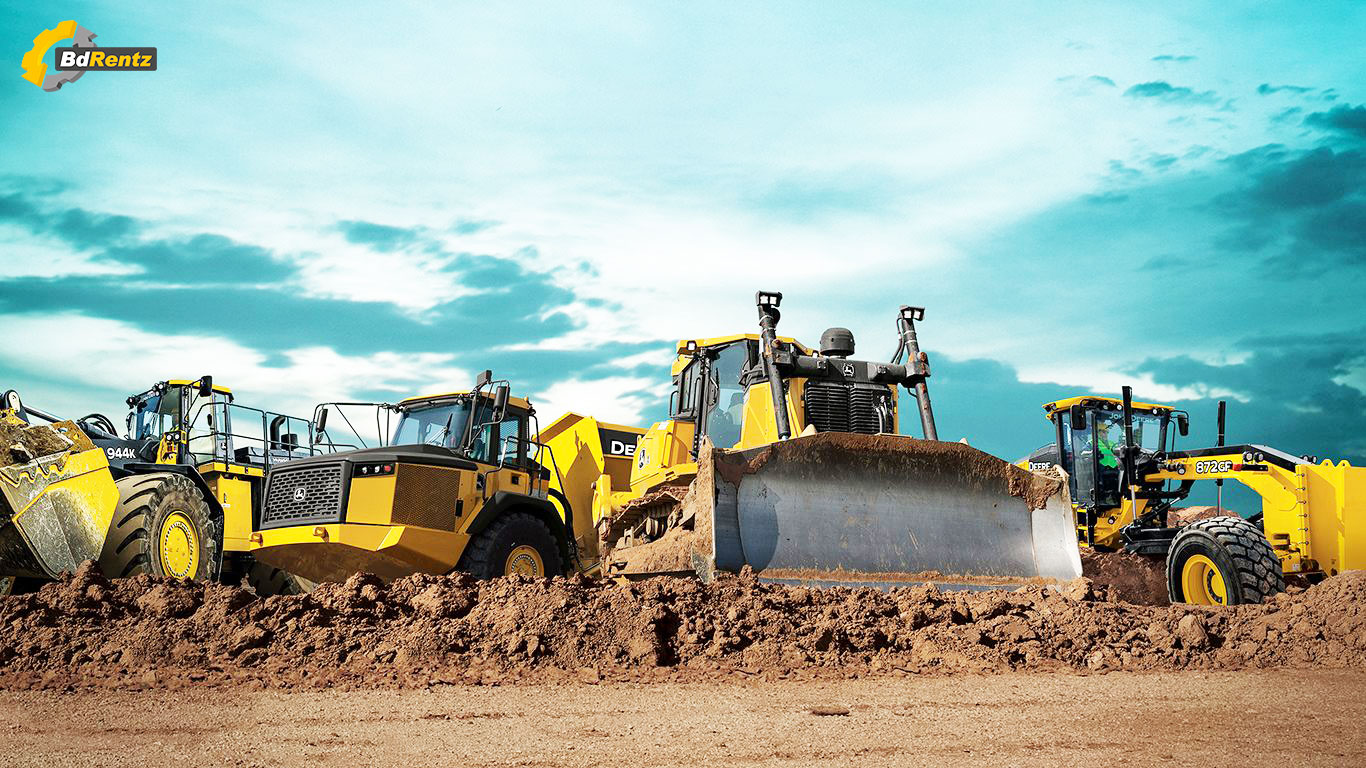Optimize Your Spending Plan by Understanding the Prices Linked With Building Tools Services
Comprehending the complete scope of prices connected with construction tools leasings is essential for optimizing your budget plan. While the first rental charge might seem straightforward, many extra expenses-- such as transport, fuel additional charges, and maintenance-- can swiftly accumulate, influencing your financial planning. Being conscious of numerous charges and the ins and outs of rental agreements can help prevent unexpected financial problems. What strategies can be utilized to successfully manage these costs and make sure an extra efficient rental experience?
Introduction of Rental Costs
When taking into consideration construction tools rentals, recognizing the associated prices is critical for effective budgeting and job planning. Rental costs can differ considerably based on numerous elements, consisting of tools type, period of service, and location. The preliminary rental cost typically mirrors the equipment's market demand and its linked functional capabilities, affecting the total expense.
In addition to the base rental price, secondary costs may develop, such as transport fees, fuel additional charges, and upkeep costs. It is important to represent these added expenditures to accurately evaluate the overall price of renting out equipment. The rental duration can influence rates; longer services might certify for affordable prices, while temporary services could sustain greater day-to-day costs.

Malfunction of Rental Rates
An extensive understanding of rental rates is important for contractors and project supervisors aiming to optimize their budgets. Rental prices for building devices generally contain numerous parts, consisting of base rates, time-based costs, and use charges.
Base prices are the core fees connected with the rental of the tools, typically identified by the kind and size of the machinery. These prices can vary dramatically, affected by factors such as devices need, availability, and local market trends. Time-based costs, which may be daily, weekly, or monthly, offer to fit different job timelines and rental durations.
Furthermore, rental rates might consist of usage costs, which are suitable when equipment is made use of beyond a defined limit, making sure that the rental company can represent wear and tear. Seasonal demand variations can likewise influence rental rates, with peak building periods normally commanding higher rates.
Furthermore, recognizing the rental business's plans concerning upkeep and insurance policy can offer more insight into the total cost structure. By examining these components, service providers can make informed decisions, making certain the selection of rental devices straightens with both project demands and spending plan restraints.
Added Fees to Think About
Recognizing the intricacies of additional fees is important for service providers to handle their total service expenditures properly. Past the typical rental prices, different auxiliary costs can dramatically influence the overall expense of equipment rental. These fees often consist of distribution and pick-up charges, which can vary based upon range and logistics associated with carrying the equipment to and from the job website.
In addition, some rental business may enforce gas surcharges if the equipment is returned with less gas than when leased. It is also necessary to recognize possible cleansing fees, particularly for customized devices that requires thorough upkeep after usage.

Extensively examining the rental agreement and making clear these additional costs upfront can aid specialists avoid unforeseen costs and make sure that budgets stay intact throughout the task lifecycle.
Repair And Maintenance Expenses
Routine upkeep and repair work expenditures are commonly overlooked aspects that can significantly affect the general price of construction devices services. When renting devices, it is critical to consider not only the rental costs yet also the prospective expenses related to keeping the machinery in ideal operating problem.
Several rental companies include fundamental maintenance as component of the rental arrangement; nonetheless, more comprehensive fixings or unforeseen failures can cause added expenditures. It's important to review the rental contract carefully to understand what maintenance services are covered and what responsibilities fall on the renter.
Furthermore, equipment that is not well-maintained can lead to inefficiencies on duty website, possibly creating hold-ups and boosting project costs. To minimize these threats, it is suggested to carry out routine assessments and preserve open communication with the rental service provider regarding any type of issues that arise throughout usage.
Insurance Coverage and Obligation Costs
Insurance policy and obligation expenses are crucial parts that can dramatically affect the overall expense of building equipment services (equipment you can check here rental company). These prices make sure that both the rental firm and the client are protected from possible monetary losses emerging from accidents, damages, visit the website or theft throughout the rental period

In addition, customers ought to recognize any deductibles or exemptions in the insurance coverage policy, as these can impact possible out-of-pocket expenses. Comprehending the terms of any insurance coverage is essential to avoid unexpected expenses. Inevitably, budgeting for insurance and liability costs can assist make certain a smoother rental experience and protect against monetary dangers connected with construction projects.
Conclusion
Finally, a thorough understanding of the prices related to construction devices leasings is necessary for reliable spending plan management. By analyzing rental rates, additional fees, maintenance expenses, and insurance people, companies and needs can decrease unforeseen expenses. This strategic method not only enhances cost-effectiveness but construction truck bed also ensures that tasks progress efficiently and successfully. Inevitably, notified decision-making concerning equipment rentals adds to the general success of building endeavors.
Rental costs can differ substantially based on several variables, including tools type, period of leasing, and location (construction equipment rentals). The rental duration can influence prices; longer rentals may certify for reduced prices, while short-term services might sustain greater everyday costs
By conducting detailed research study and involving with respectable rental companies, specialists can effectively navigate the intricacies of rental rates, eventually optimizing their economic resources.
Past the standard rental rates, different supplementary fees can dramatically impact the overall price of equipment leasing. Rental business usually offer obligation insurance policy that covers injuries to third celebrations or damages to home, while tools damages insurance can cover the cost of repair work or replacement if the leased tools is harmed.